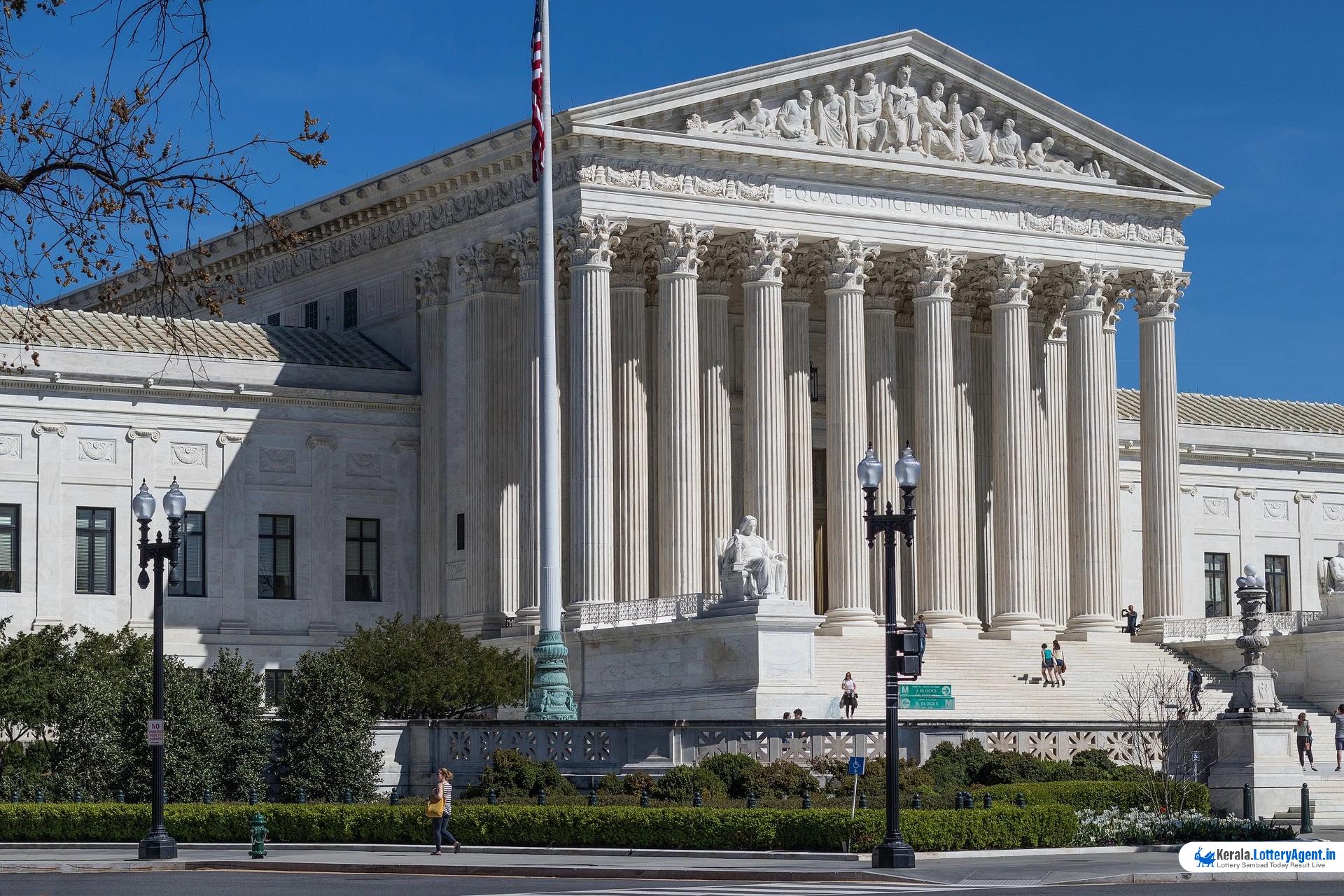
The US Supreme Court on Monday morning denied the writ of certiorari in the high-profile Florida sports betting case filed by West Flagler and Associates (WFA). This decision by the highest court effectively allows digital sports betting to continue uninterrupted in the state. However, WFA retains the option to re-pursue its case within the Florida state court system, revealing a potential path for further legal challenges.
Back in March, the Florida Supreme Court refused to hear the WFA’s quo warranto bid, describing it as an inappropriate channel for resolving the sports betting issue. This left WFA with the possibility of re-filing its lawsuit in a lower Florida court. The original case, first lodged in federal court in the latter part of 2021, has now seemingly exhausted all its avenues at the federal level.
In a statement following the decision, Gary Bitner, a spokesman for the Seminole Tribe of Florida, expressed satisfaction. “The Seminole Tribe of Florida applauds today’s decision by the U.S. Supreme Court to decline consideration of the case involving the Tribe’s Gaming Compact with the State of Florida,” Bitner said. He further emphasized that the decision secures a prosperous future for both the Tribe and all Floridians, made possible by the compact.
The compact in question stipulates that the Seminoles will pay the state of Florida $2.5 billion annually for the first five years of the 30-year arrangement. This agreement not only marks a significant financial commitment but also establishes a model that other tribes might look to apply similarly. The ruling has thus preserved a compact that sanctions a hub-and-spoke framework for wagering, which validates its applicability.
Moreover, the compact significantly broadens the interpretation of the Indian Gaming Regulatory Act (IGRA). According to the 2021 compact, bets made anywhere within Florida are considered to be made on Indian land if they travel through a tribal server. This wording has amplified discussions regarding the extent to which IGRA applies to digital gaming and off-reservation wagers.
Gambling consultant Brendan Bussmann of BGlobal stated, “This may close one door, but still leaves open several that are already open and a host of others that could open. If today was about finding answers, it only brings more questions as it relates to Florida as well as how this could apply to tribal nations throughout the rest of the country.”
While most justices agreed with the refusal to hear the case, Justice Brett Kavanaugh noted he would have granted the petition. He acknowledged his agreement with his peers’ views based on the D.C.
. Circuit Court’s judgment that the compact permits the Tribe to conduct only on-reservation gaming operations, not off-reservation.
However, Kavanaugh pointed out that, “If the compact authorized the Tribe to conduct off-reservation gaming operations, either directly or by deeming off-reservation gaming operations to somehow be on-reservation, then the compact would likely violate the Indian Gaming Regulatory Act, as the District Court explained.”
There were three primary reasons the US Supreme Court could have granted certiorari, according to legal procedures. WFA argued that the IGRA doesn’t extend its governance to wagering activities outside Indian Country. Citing the Michigan v. Bay Mills Indian Community case amongst others, WFA maintained that the federal courts’ interpretation limits IGRA’s jurisdiction strictly to tribal lands. This aspect was a key point in their initial SCOTUS brief.
In its writ of certiorari, WFA sought the Court’s guidance on three specific questions. WFA attorney Hamish Hume argued in the SCOTUS brief that the 2021 compact’s approval by Haaland exploited a “backdoor” method to legalize an activity forbidden by the state constitution. Hume emphasized that his clients would suffer “competitive injury” if the Seminoles were allowed to continue offering digital betting.
The Seminole Tribe re-launched its Hard Rock Bet platform on November 7, 2023, marking the second activation in two years, previously halted in November 2021 due to legal proceedings led by US District Court Judge Dabney Friedrich, who favored WFA and ordered the platform’s suspension. Following an appellate court’s upholding of Friedrich’s mandate, the Seminoles halted their platform again. This suspension continued during the U.S. District Court of Appeals for the District of Columbia’s review, which reversed the lower court’s decision in June 2023. However, Kavanaugh’s opinion permitted WFA to approach SCOTUS and the Florida Supreme Court subsequently.
Kavanaugh reasoned that the compact “would likely violate the Indian Gaming Regulatory Act” and that the state-sanctioned Seminole monopoly “likely raises serious equal protection issues.” The questions posed at the state level differed from those at the federal level, particularly focusing on the compact’s content and whether Governor Ron DeSantis and the Florida legislature overstepped their authority in approving it.
Additionally, WFA contended that the state of Florida potentially breached Amendment 3, which mandates voter approval for any gaming expansion that didn’t happen in this case. The compact significantly restricts commercial operators like BetMGM, Caesars Sportsbook, DraftKings, Fanatics Sportsbook, and FanDuel from operating independently in Florida. These operators would need to partner with a parimutuel but face exorbitant fees and might have to position their tech stack on a Seminole server for bets to be recognized.
While the compact affords the state’s parimutuels the option to ally with the Seminoles, doing so would incur a 60% revenue-sharing fee to the tribe, surpassing the highest tax rate in states with legalized commercial sports betting like New Hampshire, New York, and Rhode Island, which impose a 50% tax rate.












